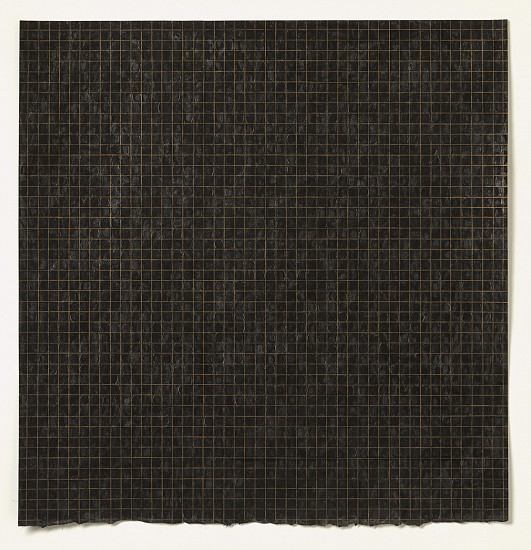


It is significant that to Malte, in the beginning of the novel, childhood is “vergraben” ( ibid. The same idea is expressed in a letter of November 26, 1921.

A comparison of Rilke’s text and Pritzel’s drawings (published together in the edition of the Hyperionverlag, Munich, 1921) shows that the fad of the Pritzelpuppen cannot possibly have stimulated Rilke to write the main ideas of the essay.įrom a poem “Wie Kindheit nach uns langt … ” probably written in 1919 ( Ausgewählte Werke 1, 347). The first publication of Puppen has the subtitle Zu den Wachspuppen von Lotte Pritzel. Similarly, the melancholy of the animal and the ambiguity of its existence is described in the great Eighth Elegy. Ist sie wie wir, wie Tiere im Winter, schutzlos. The passage in the essay corresponding to the above quotation from the fragment reads:

In an essay on Rilke ( Frankfurter Zeitung, December 4, 1935) Kassner compared Rilke with Cézanne as Raumkünstler.).ĭie weißen Blätter, a monthly published in Leipzig, March, 1914. (See letters FebruDecemBriefe aus Muzot, P. So it is possible that Rilke, consciously or unconsciously, had that picture in mind when he wrote the passage quoted above. Rilke admired and studied this painter for years and planned to write a monograph on him. Without wishing to repeat the mistake which Lessing ( Laokoon vii) criticized in Joseph Steele I wish to suggest that this sounds like a reproduction in words of the picture “La jeune fille à la poupée” by Cézanne (Plate “Post-Impressionism,” Encyclopedia Britannica, 14th ed.). 68-70, contain only part of the fragmentary elegy, its importance for our problem could not be recognized by former critics. Since Gesammelte Werke, iii, 465-467, and Späte Gedichte, 1935, pp. “Laß dir, daß Kindheit war …” ( Ausgewählte Werke, I, 318-321). Kurt Bergel, “Rilke’s Fourth Duino Elegy and Kleist’s Essay ‘Über das Marionettentheater’,” Modern Language Notes, Vol.


 0 kommentar(er)
0 kommentar(er)
